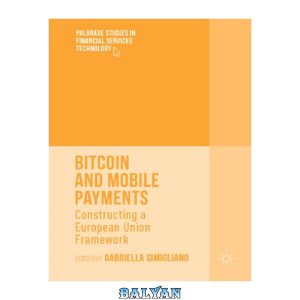A millennium and a half after the end of the period of its unquestioned dominance, Rome remains a significant presence in western culture. This book explores what the empire meant to its subjects. The idea of Rome has long outlived the physical empire that gave it form, and now holds sway over vastly more people and a far greater geographical area than the Romans ever ruled. It continues to shape our understanding of the nature of imperialism, and thus, however subtly, to influence the workings of the world. Unlike most works on Roman history, this book does not offer a simplistic narrative, with military triumph followed by decline and fall. Instead, it analyses the origins and nature of Roman imperialism, its economic, social and cultural impact on the regions it conquered, and its continuing influence in discussions and debates about modern imperialism. Elegantly written, this book is perfect for students of classics and ancient history who want to see another side of the Roman empire.
ترجمه فارسی (ترجمه ماشینی)
یک و نیم هزاره پس از پایان دوره تسلط بی چون و چرای خود، رم همچنان در فرهنگ غرب حضور چشمگیری دارد. این کتاب به بررسی معنای امپراتوری برای افراد خود می پردازد. ایده رم مدتهاست که از امپراتوری فیزیکی که به آن شکل گرفته است، عمر کرده است، و اکنون بر افراد بسیار بیشتری و منطقه جغرافیایی بسیار بزرگتری نسبت به زمانی که رومیان تا به حال حکومت میکردهاند، تسلط دارد. این امر همچنان به شکل دادن به درک ما از ماهیت امپریالیسم ادامه می دهد و بنابراین، هر چند ظریف، بر عملکرد جهان تأثیر می گذارد. برخلاف اکثر آثار مربوط به تاریخ روم، این کتاب روایت سادهای را ارائه نمیکند، با پیروزی نظامی به دنبال افول و سقوط. در عوض، خاستگاه و ماهیت امپریالیسم روم، تأثیر اقتصادی، اجتماعی و فرهنگی آن بر مناطقی که فتح کرده است، و تأثیر مستمر آن در بحث ها و بحث ها درباره امپریالیسم مدرن را تحلیل می کند. این کتاب که با ظرافت نوشته شده است، برای دانشجویان کلاسیک و تاریخ باستان که می خواهند جنبه دیگری از امپراتوری روم را ببینند، عالی است.












نقد و بررسیها
هنوز بررسیای ثبت نشده است.